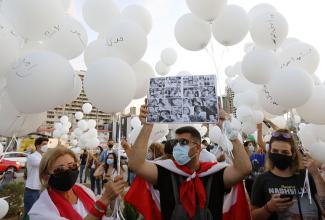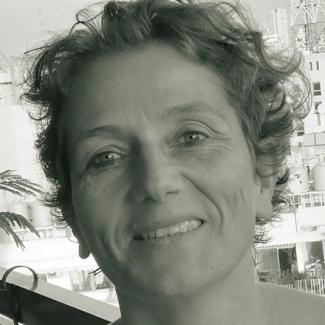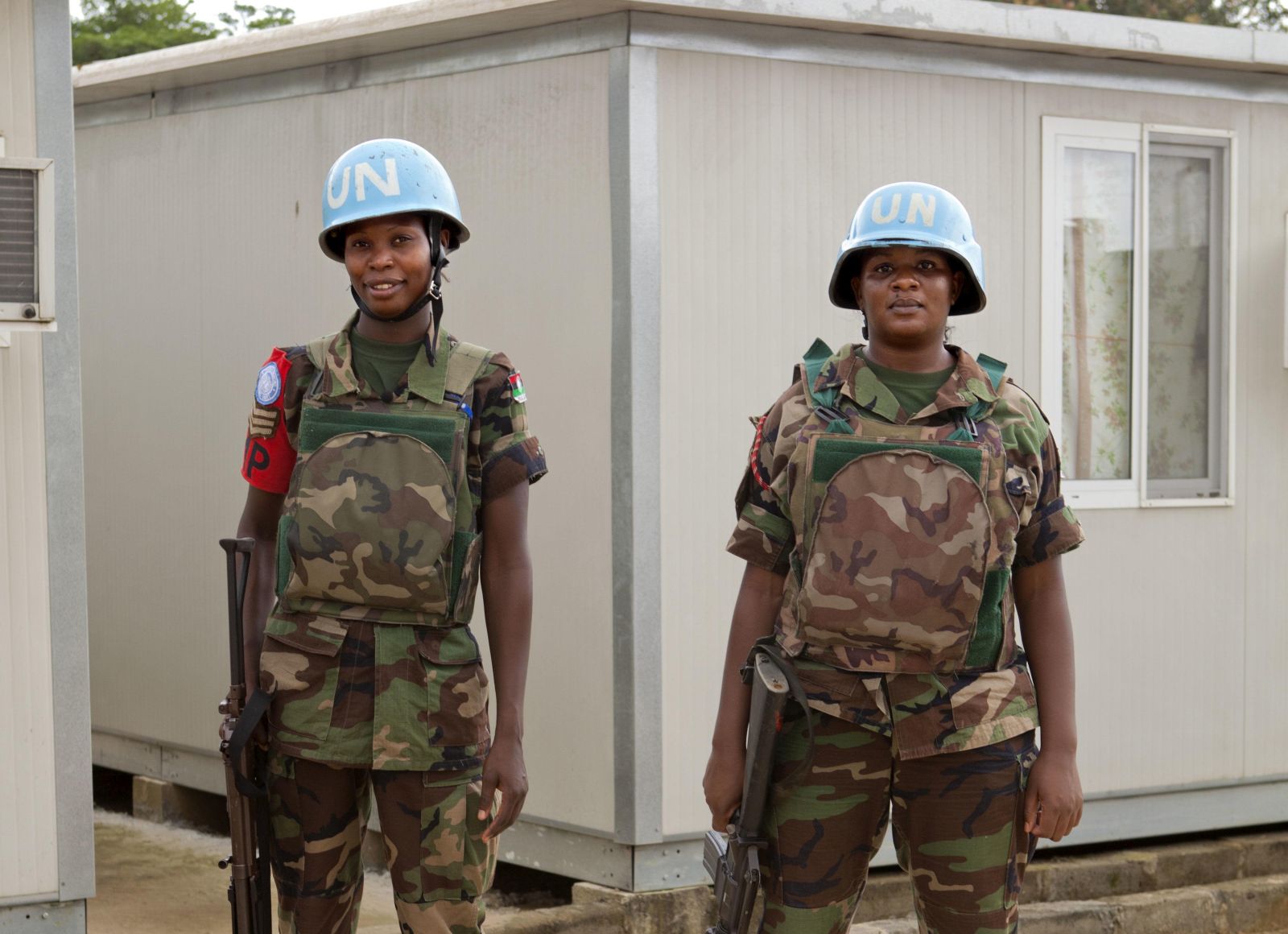Lebanon
Quick reforms are not in sight in Beirut

There was an enormous feeling of joy when former Prime Minister Saad Al Hariri stepped down at the end of October 2019. He was responding to the reform demands raised by thousands of demonstrators who took to the streets in a number of Lebanese cities. The resignation of the government and the formation of a transitional government made up of technocrats was supposed to usher in the reform at process. It seemed for a moment as if civil society was strong enough to exert pressure on Lebanon’s political class.
The new government, which formed under the leadership of Hassan Diab, a university professor, did indeed merit the label “technocratic” – its members did not belong to any party. Yet they were clearly loyal to the established political forces and personalities in the country.
The Diab government resigned a few days after the catastrophic explosion at Beirut port on 4 August 2020. In view of 200 dead, thousands of injuries and 300,000 people left homeless (see my commentary in D+C/E+Z e-Paper 2020/09, Debate section) it could not stay in office. Now the former prime minister is back: Hariri will once again take over the task of forming a government.
Reactions to Hariri’s return have been mixed. Some people are deeply frustrated at the prospect of a reprise of all-too-familiar agreements among the corrupt forces in the country. It feels like déjà-vu: politics according to the old model. For others, Hariri’s political experience, good relationships with the west and the fact that he enjoys the trust of the banks make him the right candidate to enact concrete measures in these turbulent times.
Lebanon’s situation could hardly be more difficult. The state is bankrupt. The banking crisis has robbed the citizens of their savings. Every day people, queue up in front of the banks in the hope of being able to withdraw small amounts. Poverty is rising rapidly. According to data from the UN Economic Commission for Western Asia (ESCWA), over 55 % of Lebanese now live in poverty, almost twice as many as last year.
The state is being overwhelmed by the Covid-19 pandemic. Anyone who can is leaving the country. Nasser Yassin, a political scientist at the American University of Beirut (AUB), is speaking of the third wave of emigration in Lebanon’s history. The first occurred in the late 19th and early 20th centuries, when a civil war and the collapse of silk manufacturing drove people abroad. The second wave occurred before and during the civil war that lasted from 1975 to 1990.
Today, the country is experiencing the most difficult political and economic crisis in three decades, which is being exacerbated by the impacts of the coronavirus pandemic. Well-educated Lebanese are moving to Australia, Canada or the USA. Illegal paths are being used as well: boats regularly leave the Lebanese coast bound for Cyprus.
Shattered hopes
Only one year ago, many Lebanese looked full of hope into the future. In October 2019, enthusiasm and optimism had gripped people all over the country. Lebanese migrants even came back from abroad to take part in the “October protests”. They wanted to witness the political system, which was in need of reform, bowing to the pressure of the street. One year later, this mood has dissipated. The demonstrators’ demands can still be seen written on the walls of downtown Beirut. But protests happen only sporadically. The activists have become largely invisible.
It was not possible to maintain a high degree of mobilisation for months, writes Lyna Gomaty for the Lebanese Center for Policy Studies (LCPS). Gomaty played an active role in the demonstrations. She acknowledges that activists failed to bring forth other forms of mobilisation or create a sustainable infrastructure. According to her, the majority of them did not organise themselves into groups or parties.
Therefore, the demonstrations posed no lasting threat to those in power. Moreover, the economic crisis forced people to focus on their very survival. Given the lack of public social services, many Lebanese see clientelism as their saviour – particularly now. They turn to political and religious leaders for help even though they know that these very leaders are the foundation of the corrupt system. Against this backdrop, it is unsurprising that public protests have flagged. The increasingly brutal attitude of the security forces is also making many people shy away from protesting in the streets.
At first glance, the situation appears hopeless – as if there was no possibility for change in Lebanon. If, however, one regards the “October revolution” in the larger context of protests since the end of the civil war in 1990, the verdict is not so grim. Opposition to social injustice, mismanagement and corruption has never stopped in recent years. On the contrary, it has gradually become more intense, and that presents a very promising outlook for the future. And one achievement of the “October protests” is already clear: the politicisation of the younger generation.
Sources
LCPS: Why did the October 17 revolution witness a regression in numbers?
http://lcps-lebanon.org/agendaArticle.php?id=199
Social protests in Lebanon:
https://thepublicsource.org/mapping-collective-action-lebanon-protests
Mona Naggar is a journalist and media trainer. She lives in Beirut, Lebanon.
mona.naggar@googlemail.com












